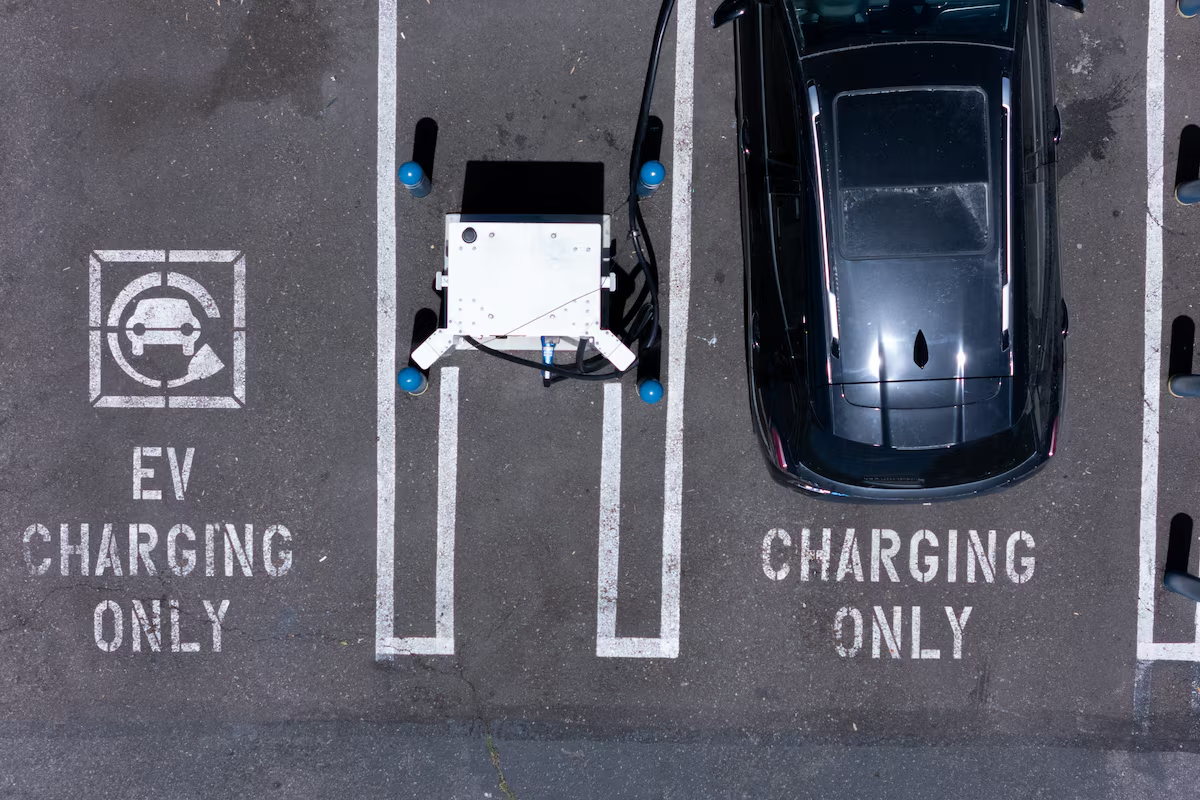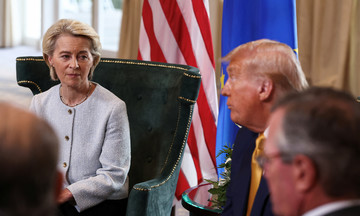President Donald Trump's "big beautiful bill" (OBBBA), officially known as the Public Spending and Tax Reduction Act, was passed by Congress on 3/7. One of its provisions ends electric vehicle tax credits implemented by the previous administration.
 |
An electric vehicle charging station in Carlsbad, California, USA, on 14/5. Photo: Reuters |
An electric vehicle charging station in Carlsbad, California, USA, on 14/5. Photo: Reuters
Under the Biden administration's policy, consumers switching to electric vehicles received a $7,500 tax credit for new vehicles and $4,000 for used (first-time conversions) starting earlier this year. This tax credit will expire on 30/9 under the new law.
The Electrification Coalition, an electric vehicle advocacy group, argues that electric vehicles are the future of transportation. They worry that the new law will cede America's role in this market to China.
A Harvard University study from March projected that ending the electric vehicle tax credit would reduce electric vehicle market penetration by 6% by 2030, while saving the government $169 billion in tax credits over a decade.
The $7,500 electric vehicle tax credit was first approved by Congress in 2008, with a 200,000-vehicle cap per manufacturer. In 2022, the policy was expanded to include leased vehicles and the cap was removed.
The Public Spending and Tax Reduction Act also eliminates fuel efficiency standards, significantly benefiting American automakers. This allows them to more easily produce more gasoline-powered vehicles.
Dan Levy, an auto market analyst at Barclays, suggests that eliminating the tax credit in less than three months will likely cause a surge in electric vehicle sales followed by a sharp decline. Some consumers will rush to purchase vehicles before the deadline to take advantage of the incentive.
The "big beautiful bill" loosened both the "stick" and the "carrot," referring to emissions standards and tax credit policies, respectively. Levy predicts that this will slow electric vehicle market penetration in the US.
Last year, Chrysler's parent company, Stellantis, was fined $190.7 million for failing to meet US fuel economy requirements in 2019-2020, in addition to a nearly $400 million fine for 2016-2019. Previously, GM paid $128.2 million in fines for 2016 and 2017.
Previously, House Republicans had also approved a $250 annual fee for electric vehicles to supplement highway funding. Congress removed this fee in the final enacted legislation.
Bao Bao (Reuters)












